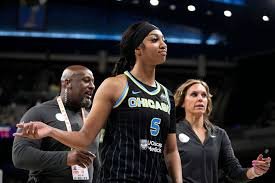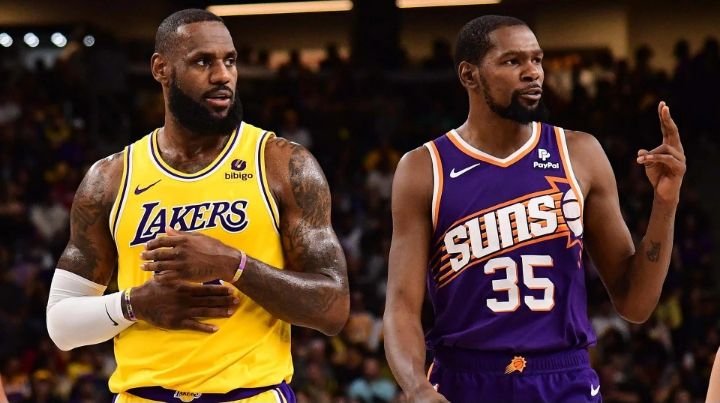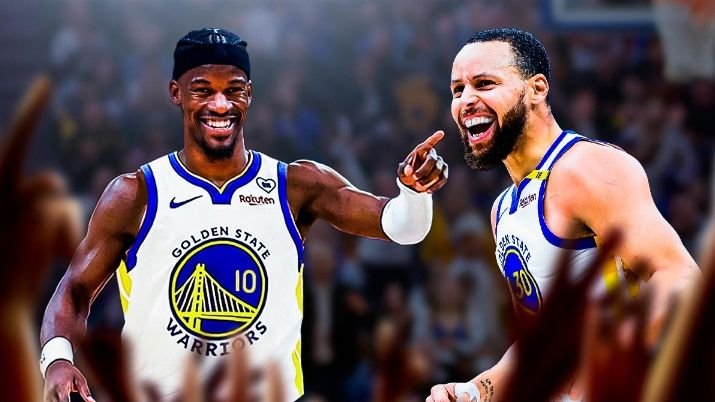
In a recent interview, WNBA player Sydney Colson made waves with a bold statement regarding the gender disparities that still plague professional sports. Colson, known for her outspoken advocacy for equality, voiced her frustration over the lack of recognition and resources for women athletes, even as they continue to demonstrate unparalleled skill and determination. Her comments have ignited a broader conversation about the ongoing fight for gender equality in sports, and how much more needs to be done to level the playing field for women in athletics.
Colson’s remarks came after a successful season with the Las Vegas Aces, where she played an instrumental role in her team’s strong performance. In her interview, Colson didn’t just focus on the success of her team but took aim at the systemic challenges female athletes face, including unequal pay, media coverage, and sponsorship opportunities. “We work just as hard, we perform just as well, but we don’t get the same recognition or resources,” Colson said. Her words resonated with many in the sports community, as they highlighted an issue that has long been swept under the rug in mainstream discussions.
While Colson’s statement garnered support from some corners, others have pushed back, arguing that comparisons between men’s and women’s sports are not always fair. Critics pointed out that market demand for women’s sports does not yet match that of men’s leagues, which often affects sponsorship and media deals. However, Colson’s supporters argue that the lack of attention to women’s sports is part of the reason why it struggles to gain momentum. They believe that with equal investment and visibility, the popularity of women’s sports could skyrocket, offering athletes like Colson the recognition they deserve.
This statement from Colson has already sparked debates on social media, with many fans of women’s sports joining the conversation. Some have called for a boycott of companies and brands that don’t support female athletes, while others have advocated for more inclusive broadcasting of women’s games. Colson’s candidness has encouraged athletes from various sports to speak out on similar issues, marking a significant shift in the conversation around gender equality in athletics.
Ultimately, Sydney Colson’s comments serve as a wake-up call to the sports industry, urging it to address the gaps in opportunity and recognition between male and female athletes. As conversations surrounding equality in sports continue to grow, Colson’s voice stands as a powerful reminder that the fight for fairness is ongoing and that the contributions of women athletes deserve to be celebrated on equal footing with their male counterparts.
Sydney Colson Sparks Controversy with Bold Statement on Women’s Sports Equality




